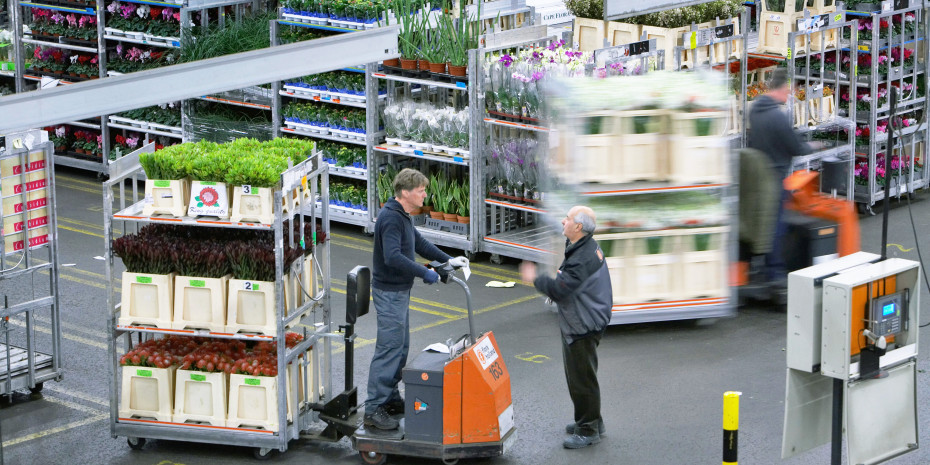The European market for flowers and plants is recovering in comparison with the same period in the previous year, but still lags behind the levels of 2012 (Eurostat). This is demonstrated by the growth rates in Dutch exports of flowers and plants for significant customer countries such as Germany, Great Britain and France. Marketing consultant and industry expert Dr Marianne Altmann, the proprietor of the Luxembourg-based agency Co-Concept, has analysed the market on the basis of statistical data and expert surveys. The demand for flowers and plants is rising once again in the states that have not been as strongly affected by the economic crisis. In addition, mild weather and sunshine have stimulated the purchasing mood of the consumers and promoted the need to catch up on greenery. In Germany, Switzerland, Austria and Sweden, more flowers and plants were once again purchased up to the autumn of 2014. The political crisis in the relationship between the EU and Russia has caused the value of the rouble to fall. Consequently, Russian imports of flowers and plants from the Netherlands declined by 8.5 per cent in the first half of 2014. The market in the EU was unable to compensate for this decline, and so prices have come under pressure. However, if the present trend continues, export losses at the end of 2014 are likely to be less extreme than expected, because Polish imports of flowers and plants have exhibited substantial growth rates since 2012. At the same time, Polish exports of cut flowers to eastern states, primarily the Russian Federation and Belarus, have more than trebled in comparison with the first half of 2012.
Production of the Euro Plant Trays has started
Production of the first Euro Plant Tray (EPT) model started on schedule in August 2024 and the first orders have already been …
On the other hand, the worldwide trouble spots (Ukraine, the Middle East, Iraq and Syria) are having a direct impact on economic forecasts and are responsible for a cooling-off of the consumption climate. In September 2014, the OECD lowered the economic expectations for the entire EU region by 0.6 percentage points and is now assuming an economic growth rate of 1.1 per cent. In September, the GfK consumption climate index dropped by 0.3 points to 8.3, a reflection of the growing concern among consumers about the escalating conflicts. In 2013, it was found that economic development had little influence on demand in the flower and…




